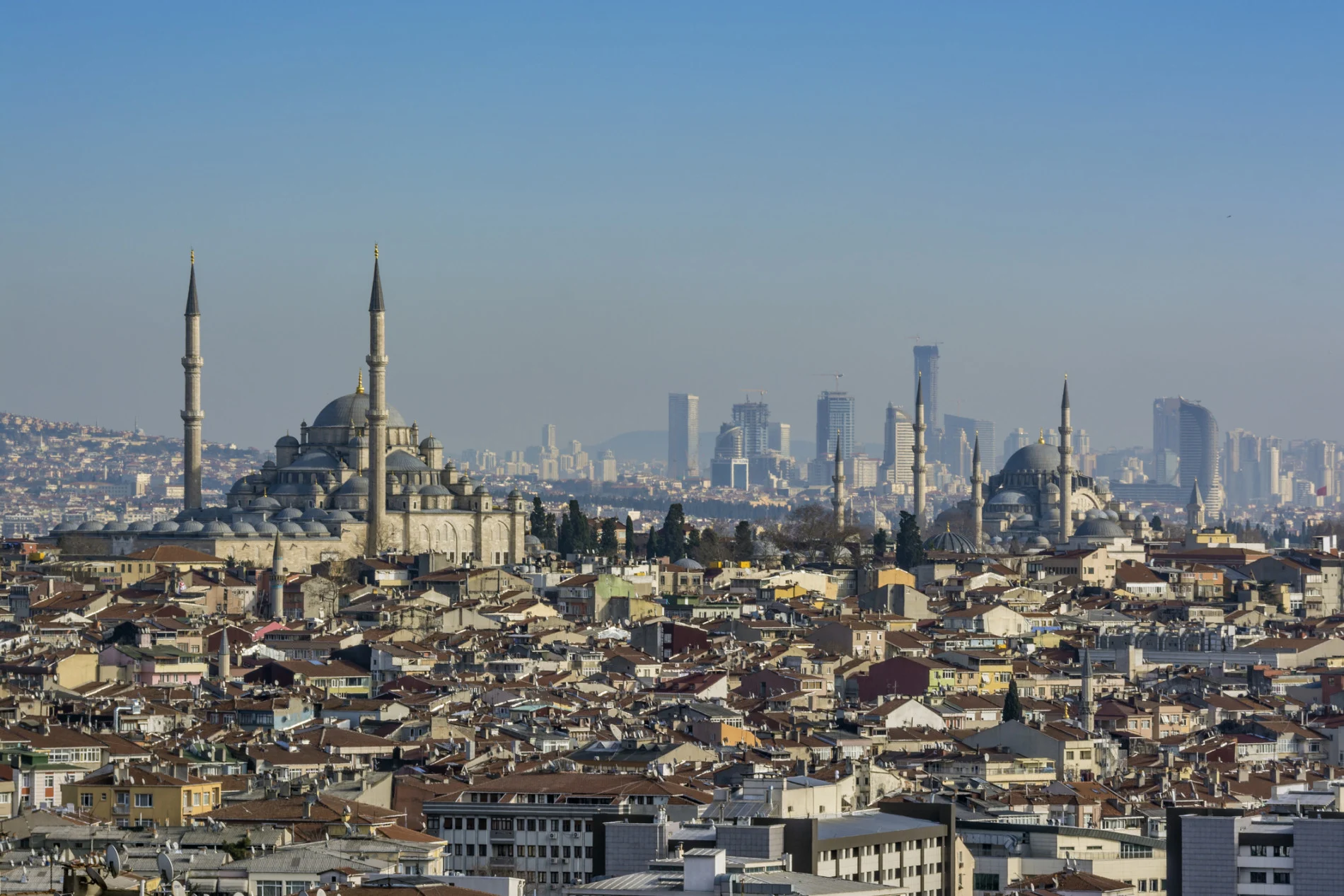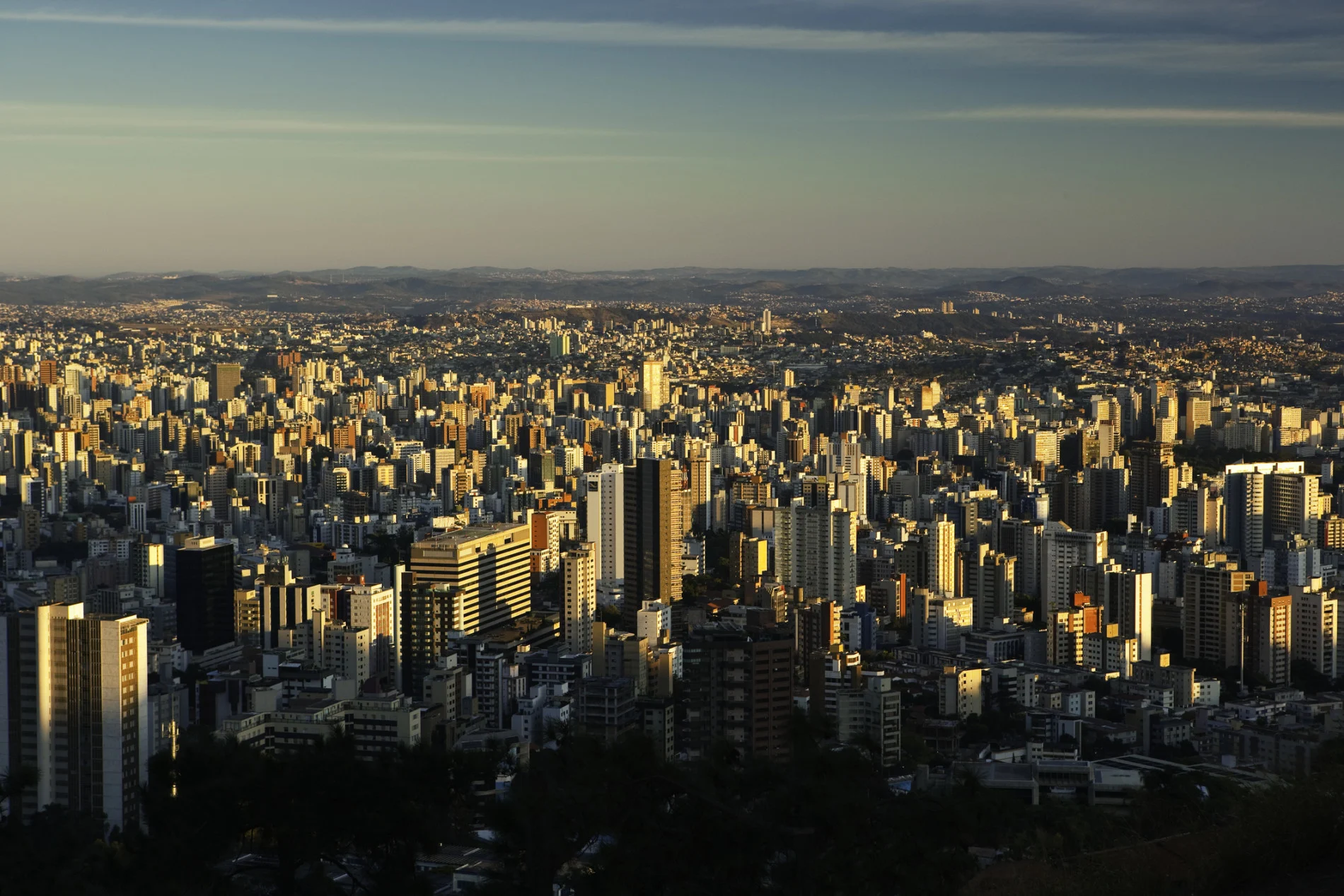
Just 25 megacities emit 52% of all urban greenhouse gas emissions
The researchers note that per capita greenhouse gas emissions are highest in developed countries, but the consequences of climate change are felt by the entire world.
A study published in Frontiers in Sustainable Cities finds that just 25 megacities are responsible for 52 per cent of all urban greenhouse gas emissions. The researchers analyzed these cities to evaluate the effectiveness of carbon-reduction policies to highlight the successes, which can help shape future policies.
Out of 167 cities that were studied, many cities in the top 25 are in Asia, including Handan, Shanghai, and Suzhou in China and Tokyo in Japan, partly due to the relatively high usage of coal energy, rapid urbanization, and industrialization. Other countries that topped the list include cities in the European Union, such as Russia (Moscow) and Turkey (Istanbul).

The city of Istanbul, Turkey. (Ayhan Altun. Moment. Getty Images)
The data revealed that both developed and developing countries emit high levels of emissions, but cities in developed countries, specifically those in North America and Europe, have the highest per capita greenhouse gas emissions.
“This could raise equity concerns, since major cities have generated the biggest share of greenhouse gas emissions, but the consequences of climate change (such as extreme weathers, wildfires, and biodiversity loss) are borne by the whole world, and the poorer regions are possibly more vulnerable to these consequences,” the study states.
Additionally, the study notes that many developed countries outsource high-carbon production chains to Chinese cities, which increases export-related emissions in Asia.

Aerial view of traffic in Beijing, China. (AerialPerspective Images. Moment. Getty Images)
The highest sectors of emissions came from energy use in residential, commercial and industrial buildings, as well as transportation.
In many South American and Asian cities, such as Brazil’s Belo Horizonte and the Philippines’ Manila, building-related energy made up 25 per cent of all emissions, while this sector in European and North American cities contributed up to 60 to 80 per cent. The researchers say this highlights the need for carbon reduction in the building sector.
“Consumers in richer cities tend to buy more carbon-intensive products manufactured in Chinese cities or other upstream regions, which would greatly increase the energy demand and greenhouse gas emissions within those areas,” the study says.

Belo Horizonte, the capital city of Minas Gerais, Brazil. (Danny Lehman. The Image Bank. Getty Images)
Many cities in developing countries saw a rise in emissions during the study period due to their reliance on industries that are energy-intensive, such as mining. However, the researchers found that 113 of the 167 cities have carbon reduction targets that are in place until the 2050s.
Over 30 countries have committed to carbon neutrality and nearly 100 countries are discussing net-zero targets. Forty cities in the study, just under one quarter of all the cities, have set net-zero goals, many of them in Europe and North America.
“To limit global warming to 1.5°C in this century, cities need to transform from a resource-dependent industrialization path to an innovation-driven sustainable development path. Moreover, policies should be formulated to facilitate this transformation and upgrade of traditional industries, the development of cleaner supply chains, and the formulation of low-carbon lifestyles,” the study concludes.
Some of the researchers recommendations include the promotion of: energy audits on building energy use, green cars in cities, economic incentives for bikes and public transportation, and properly managing solid waste, and technological solutions that will capture carbon.
Thumbnail credit: Katrin Ray Shumakov. Moment. Getty Images











